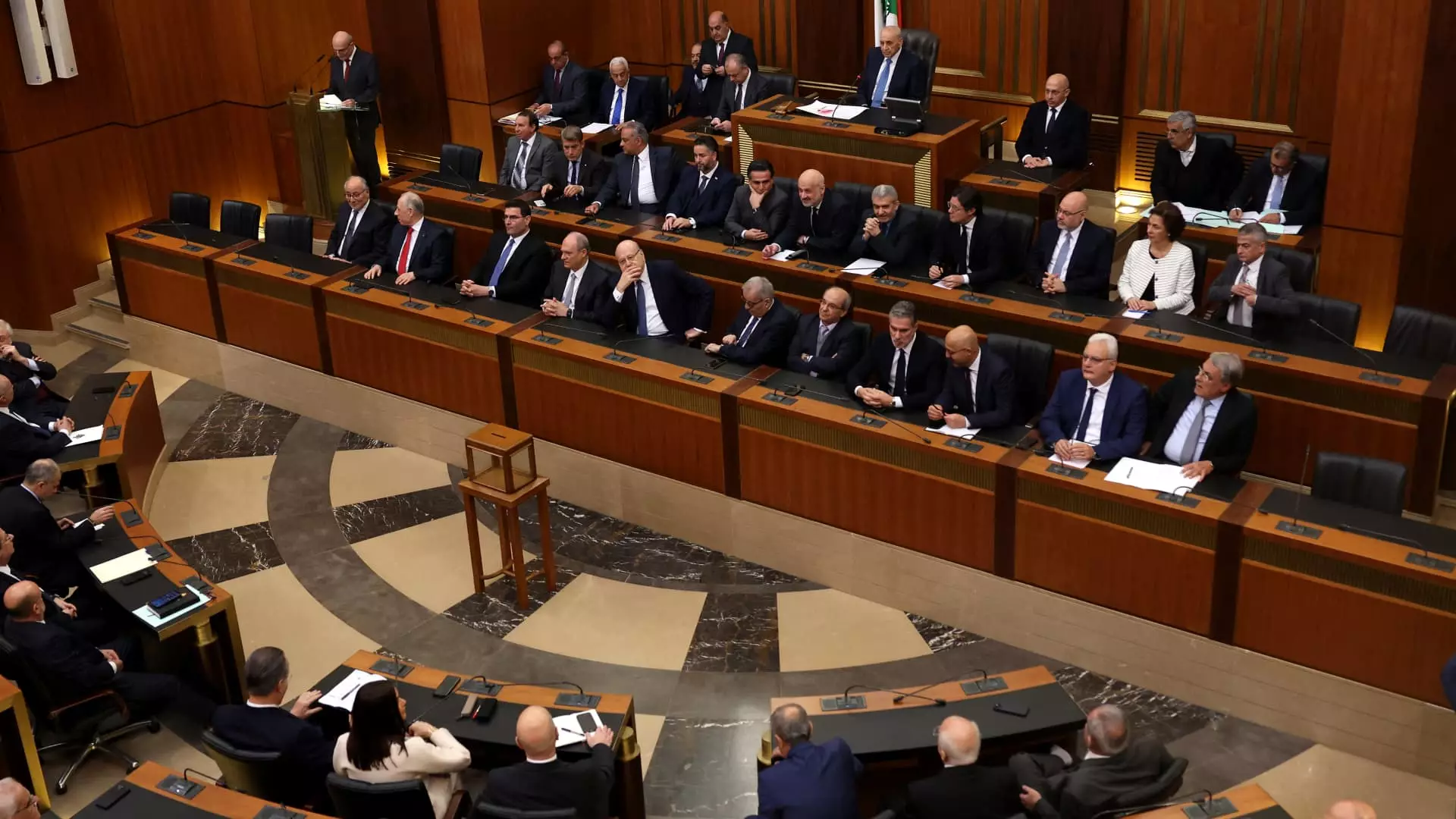The recent election of General Joseph Aoun as Lebanon’s president marks a significant turning point in the nation’s complex political landscape and reflects shifting power dynamics both domestically and regionally. Aoun’s ascension to the presidency not only fills a vacuum that has persisted since Michel Aoun’s term ended in October 2022 but also indicates a broader recalibration of alliances and influences in a country long marked by sectarian divisions and external interventions.
For years, Hezbollah, a Shi’ite political and militant group backed by Iran, has been a dominant force in Lebanese politics. However, following the devastating war with Israel, which further strained Hezbollah’s resources and military standing, the group’s influence has waned significantly. The recent developments within Lebanon symbolize not only a local political shift but also highlight regional consequences stemming from Hezbollah’s weakened position and the declining influence of Iran in Lebanon. The fact that Aoun—a figure endorsed by the U.S.—was elected suggests that external actors, particularly nations like Saudi Arabia and the United States, are regaining influence that had been eclipsed by Iran and its proxies.
In a clear indication of this power shift, Aoun was able to rally enough parliamentary support after the unexpected withdrawal of Hezbollah’s preferred candidate, Suleiman Frangieh. This event illustrates the fracturing alliances within Lebanese politics; a coalition that was once perceived as unbreakable is now showing signs of fragmentation. The backing from Hezbollah for Aoun, despite their prior opposition to him, further symbolizes the group’s pragmatic response to the changing political tides and the necessity of maintaining its relevance within the new political framework.
The role of international actors has become exceptionally critical in the political jigsaw of Lebanon. Aoun’s election was not merely a local affair but rather a culmination of international negotiations. Reports indicate that envoys from France, Saudi Arabia, and the United States actively lobbied for Aoun’s election, emphasizing that financial assistance contingent on this political development. Such dynamics illustrate a broader geopolitical narrative where international powers are attempting to stabilize a country that has been left reeling by economic and social crises since the financial collapse of 2019.
French and Saudi influence, particularly, underscores a narrative of revived diplomacy in a region that has seen shifting allegiances. The leadership transition may serve as a foundation for rebuilding the tenuous Lebanese state as it attempts to confront unprecedented challenges such as rampant inflation, unemployment, and widespread poverty—issues that have only deepened following various crises, including the catastrophic Beirut port explosion in 2020.
Despite the optimism surrounding Aoun’s presidency, considerable challenges loom ahead. The economic recovery of Lebanon is crucial, and Aoun’s success will largely be contingent on his ability to convene a government capable of addressing pressing economic issues, garnering international support, and effectively managing sectarian tensions. The intricate political matrix of Lebanon necessitates that Aoun successfully navigates consultations with members of parliament to appoint a prime minister, a process often riddled with negotiations and delays.
Furthermore, Aoun’s role in maintaining the current ceasefire between Hezbollah and Israel, negotiated by international powers such as the United States and France, will be paramount. His military background and long-standing position as army commander give him a unique perspective on security issues, yet the balancing act of appeasing various factions while safeguarding national stability and sovereignty looms large.
The election of Joseph Aoun could signify the dawn of a new chapter for Lebanon, one that embraces international cooperation and governance reform. The re-establishment of a presidency may pave the way for a renewed focus on national dialogue and reconstruction, imperative for a country with deep-rooted issues.
However, Aoun’s presidency comes with immense expectations. Lebanon’s journey towards recovery demands not only new leadership but also a collective effort from various political factions and the international community. Ultimately, whether Joseph Aoun can unite Lebanon’s fragmented political landscape and lead the nation towards stability and prosperity remains to be seen, but the potential for a transformative era is now at hand.

